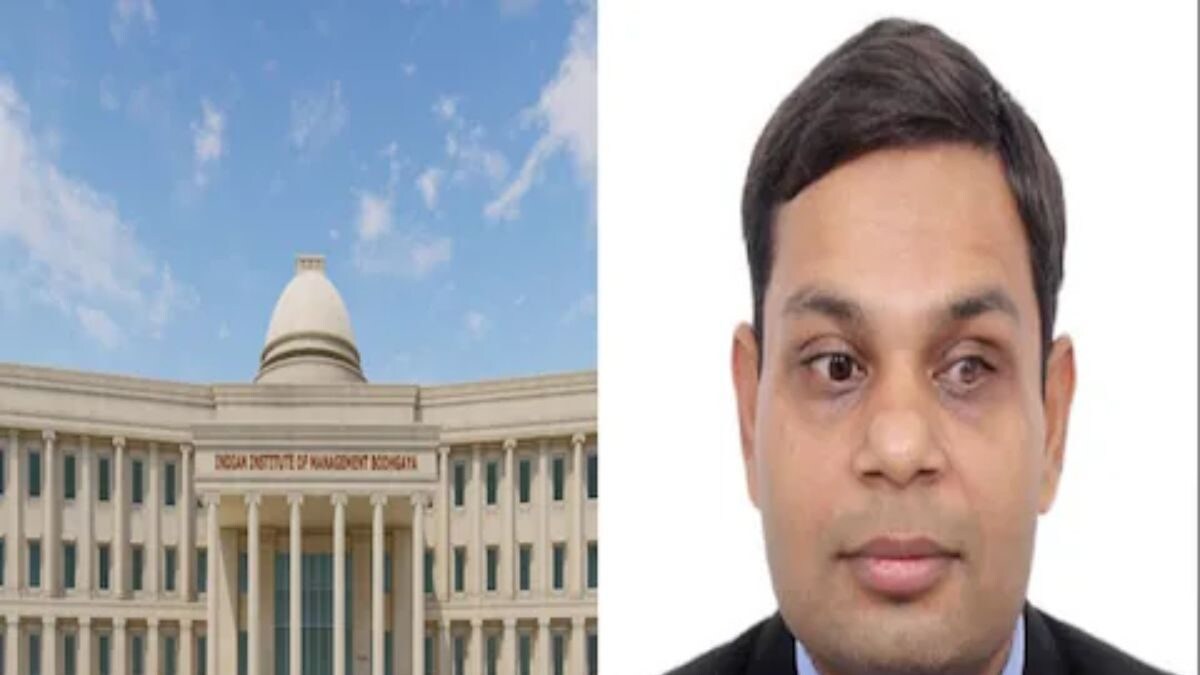Visually Impaired Man Earns PhD, A First At IIM Ahmedabad

Vashishtha will soon start as an assistant professor at IIM Bodh Gaya.
Tarun Kumar Vashishtha was accepted into the general category of the IIM-A doctoral programme in 2018.
The name of Tarun Kumar Vashistha has been trending recently and the 42-year-old is being hailed as the epitome of how success in life is undeterred by physical disabilities. For those who are catching up late, Tarun Vashistha recently completed his PhD from IIM Ahmedabad. While it is an accomplishment in itself, what makes it worthy and special is the fact that Tarun is visually impaired.
By completing his PhD from IIM Ahmedabad, Tarun, who was born blind, has set an example for those who blame adverse circumstances for their failure. He recently completed his doctoral thesis from the esteemed university and his thesis dealt with the experiences of visually impaired employees in corporate India. In doing so, he has become the first Doctor of Philosophy (PhD) with disability from a leading B-school.
A Uttarakhand native, Tarun Kumar Vashistha, is prepared to begin teaching as an assistant professor at IIM Bodh Gaya later this month. This will establish a new standard for visually impaired faculty members teaching in “non-disabled” universities.
In an interview given to the media, Tarun said, “I was fortunate to have a supportive family and environment, which never made me feel that I was lacking any skill set. I studied in a normal school and even did mathematics. I also took up subjects which are not generally chosen by visually impaired students. I cleared the general quota entrance exam for IIT Roorkee after receiving my B.Sc. The administration denied me admission when I was asked for an interview, claiming that I didn’t fit the standards.”
But Tarun was not one to face defeat and decided to try elsewhere. Following this, Tarun Kumar Vashistha was accepted into the general category of the IIM-A doctoral programme in 2018. Tarun was the first candidate with vision impairments to be accepted into the programme, which was created by the institute in 1971.

Atul Tiwari is a seasoned journalist at Mumbai Times, specializing in city news, culture, and human-interest stories. With a knack for uncovering compelling narratives, Atul brings Mumbai’s vibrant spirit to life through his writing.





